American approval on several major federal government agencies has tumbled significantly since Donald Trump returned to office, as the president reshapes the federal government and its mission.
While certain agencies that Trump has targeted have fallen out of public favor, others, such as the Departments of Defense and Homeland Security, have seen their approval ratings rise in line with their commitment the administration’s policies.
“For decades, there's been a lot of concern about the decline of trust in government in the United States, along with a lot of concern about trying to figure out what to do about it,” Dr. Don Kettl, former dean of the University of Maryland School of Public Policy, told The Independent.
“The Trump administration has essentially jumped over that problem to a very different kind of strategy of attacking the things that it wants to attack to and to undermine the parts of the bureaucracy it wants to undermine, but at the same time to boost the course of bureaucracy it likes.”
The endgame, Kettl says, is to drive down the approval of the bureaucracy, in order to “clean out the counter forces” against the administration, with the specter of Project 2025 – the right-wing blueprint for government, pushed by allies of the Trump administration – lurking in the background.
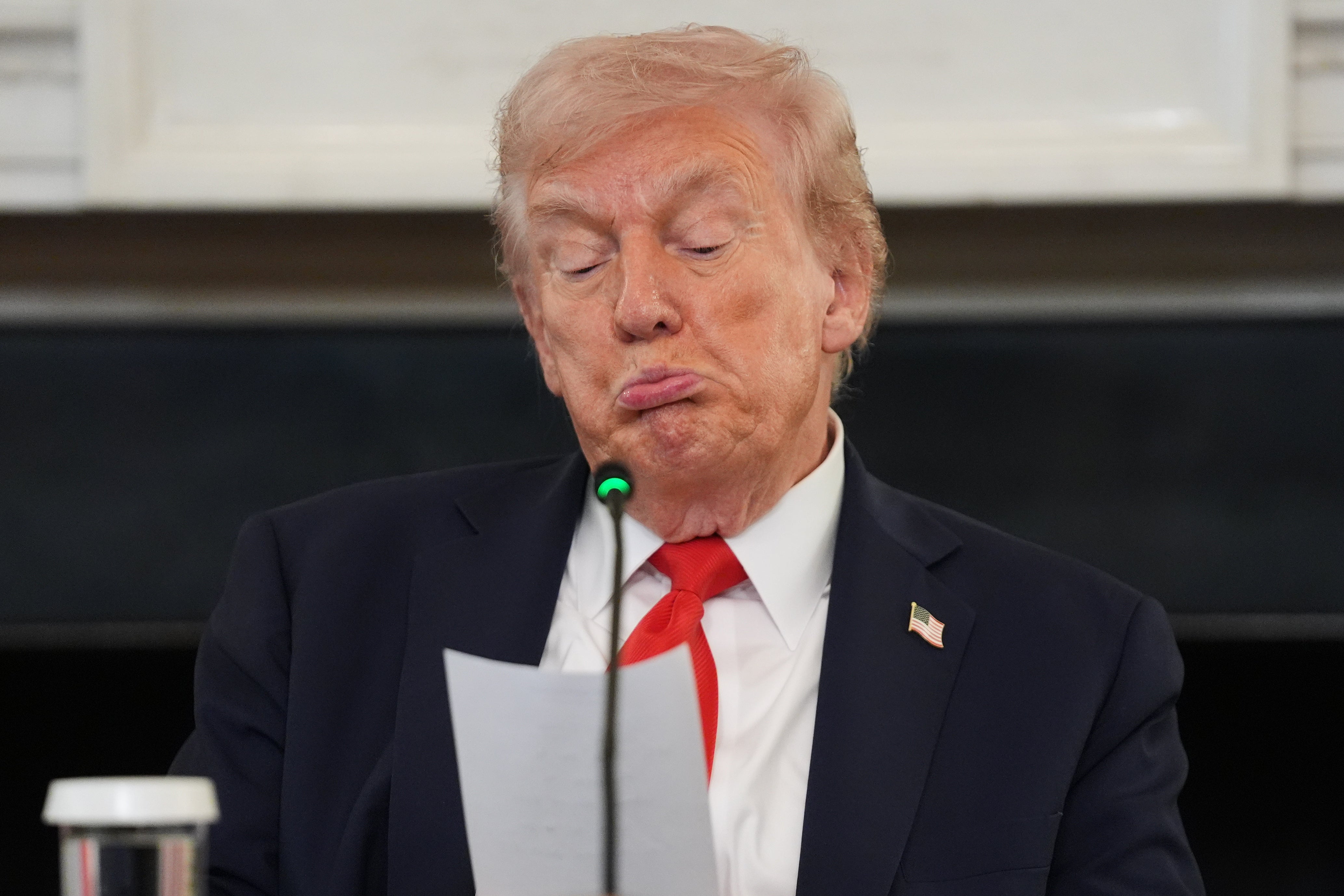
A new Gallup poll showed that approval for the Federal Emergency Management Agency, Centers for Disease Control and Prevention, Food and Drug Administration, Environmental Protection Agency, the IRS and the CIA are all at their lowest since the pollster's records began in 2003.
Among the highest drops since 2024 were seen for the EPA, FEMA, and the CDC, mirroring a similar decline during Trump's first presidency from 2017 to 2021.
FEMA has been hardest hit in the polls, having declined by 20 approval points – dropping from 46 to 26 percent approval – from 2024 to 2025.
That is largely because of the attacks from the president, both during and after his campaign, Kettl says, as well as the argument that FEMA was mismanaged, unfair and tended to "punish" Republican states. "That story ended up getting stuck in the public spine, even though it turned out not to be true, and that, I think accounts for the big drop in FEMA," he said.
Major changes to agency policy, funding and staffing have occurred since Trump returned to office. In August, more than 180 agency officials signed an open letter to Congress to oppose what they alleged was a reduction in FEMA's capability to perform its missions.
This included the elimination of life-saving risk management and preparedness programs, the depletion of FEMA's workforce and the "censorship" of climate science and environmental protection to the detriment of the American people. Such cuts and policies, they said, could result in a Hurricane Katrina-level disaster.
"FEMA is not useful to the president until its essential," Kettl added. "It's a hard agency to try to manage because there are only essentially only bad things that can happen to you."
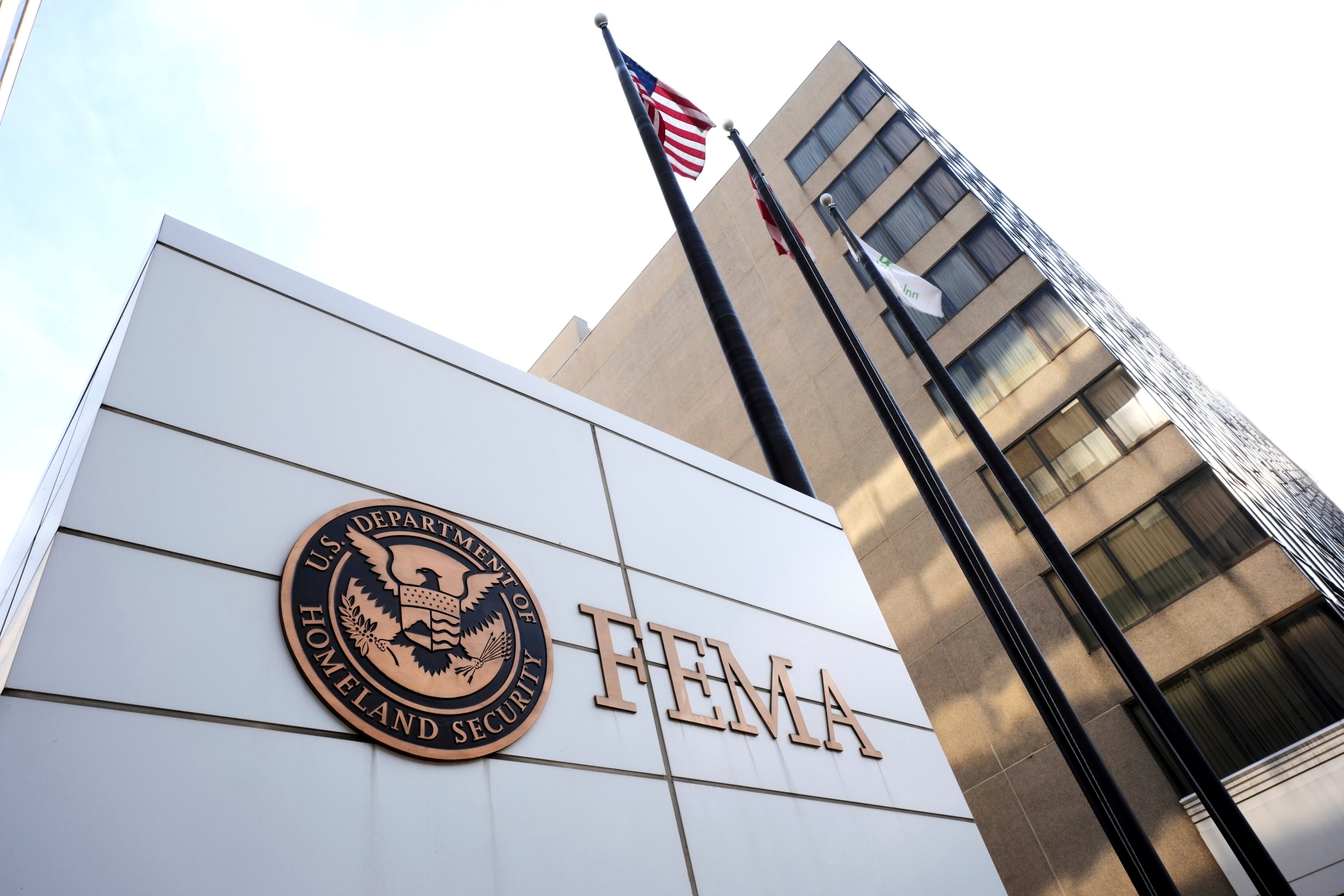
The CDC has also seen a significant decline in its public approval in the last 12 months, with a drop of 9 percentage points, going from 40 percent approval to 31 percent overall – under the leadership of Robert F Kennedy Jr.
Similar to FEMA, the decline follows major changes to the agency and the advent of the Make America Healthy Again agenda, spearheaded by Kennedy. MAHA is generally focused on food quality, pharmaceuticals and vaccines.
Since taking control, Kennedy has overseen a complete overhaul of the independent committee that advises the CDC on vaccine guidance, as well as ousting agency director Susan Monarez, less than a month after her confirmation. Monarez later claimed she was ousted over her pushback to politically motivated changes in vaccine decision-making.
The drop in overall approval ratings for the CDC somewhat mirrors the public’s perception of Kennedy and his work so far in the role of Health Secretary. A separate KFF poll found that almost six in 10 Americans (59 percent) disapproved of Kennedy’s handling of the job. KFF’s survey found 62 percent of adults overall disapproved of Kennedy’s vaccine policy.
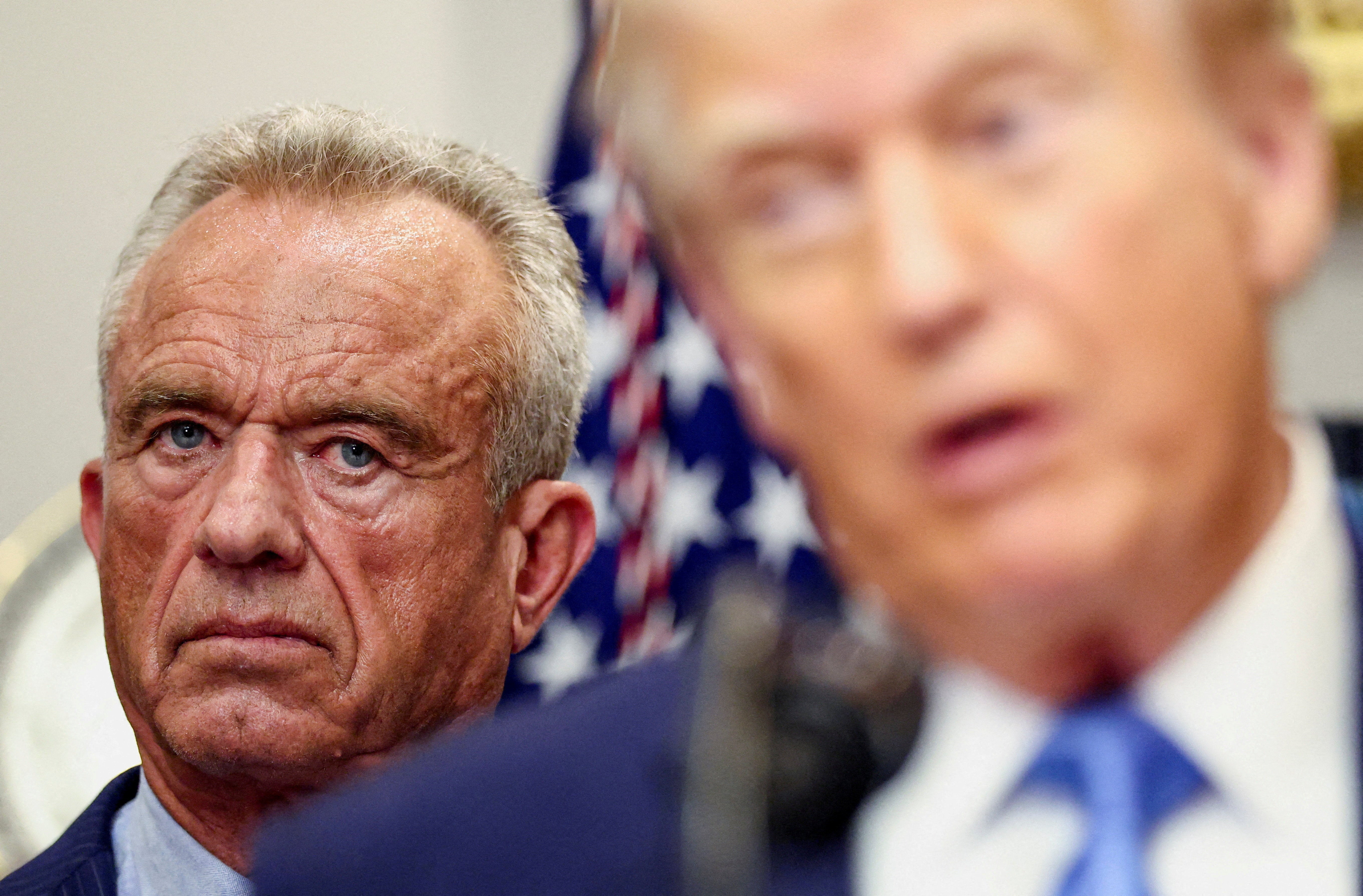
However, the drop in CDC approval rating pales in comparison to that of Trump’s first term, during which the agency bore the brunt of disapproval amid the COVID-19 pandemic, though at that time distrust in the agency was fueled by rhetoric pushed by the Trump administration.
On multiple occasions the president clashed with his own chief medical advisor Dr. Anthony Fauci, over how to handle the pandemic response.
During that period (roughly 2019 to 2021), according to Gallup, approval ratings for the CDC dropped from 64 percent to 40 percent.
Gallup's poll also found that after FEMA, the CDC and the CIA – which each dropped 10 percentage points in approval – the other agencies that saw declines in public approval were the FDA and EPA, which fell 7 points each, and the IRS, which was down 6 points.
These agencies' job performance ratings as "excellent" or "good" range from 25 percent to 31 percent, which are record lows for all but the IRS, which was one point lower in 2013, according to the pollster.
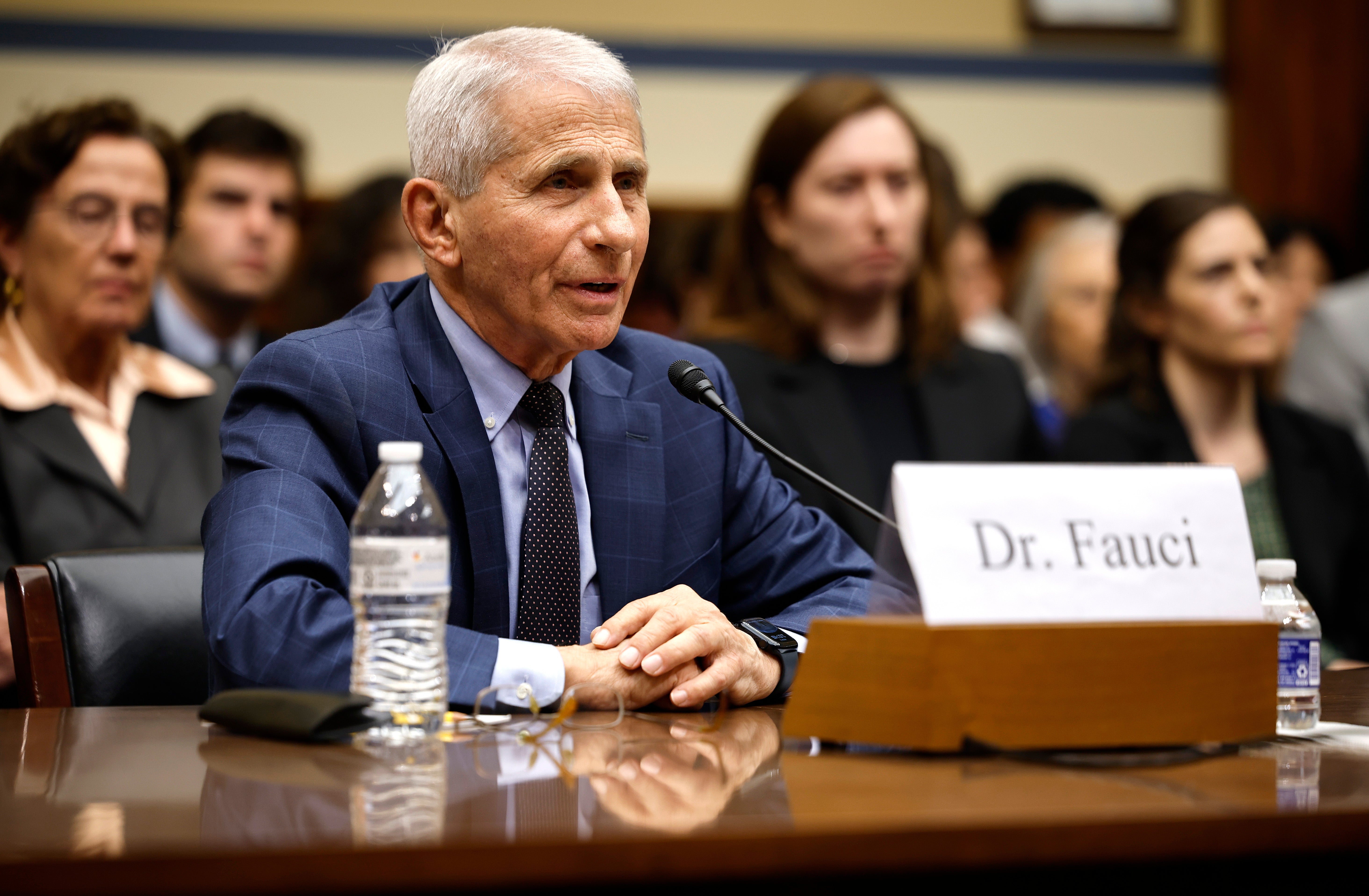
"It's pretty strong evidence that a president who engages in a sustained attack on particular federal agencies can drive their rating down by the public trust," Kettl says.
Conversely, the federal agency that has seen the biggest hike in public approval is the one that has been at the forefront of Trump's crackdown on immigration policy – the Department of Homeland Security.
Ratings for the department have risen by 10 points to 42 percent approval from last year's record low, though it remains well below the high of 59 percent in 2017, just as Trump took office for the first time, according to Gallup.
The pollster notes a sharp partisan split in most agencies' ratings, specifically with those favored by Trump – including DHS and the Department of Defense, which Trump has also utilized in the enforcement of his immigration and domestic crime agenda.
Republicans and Republican leaners give the Defense Department 74 percent approval rating, and the DHS 73 percent.
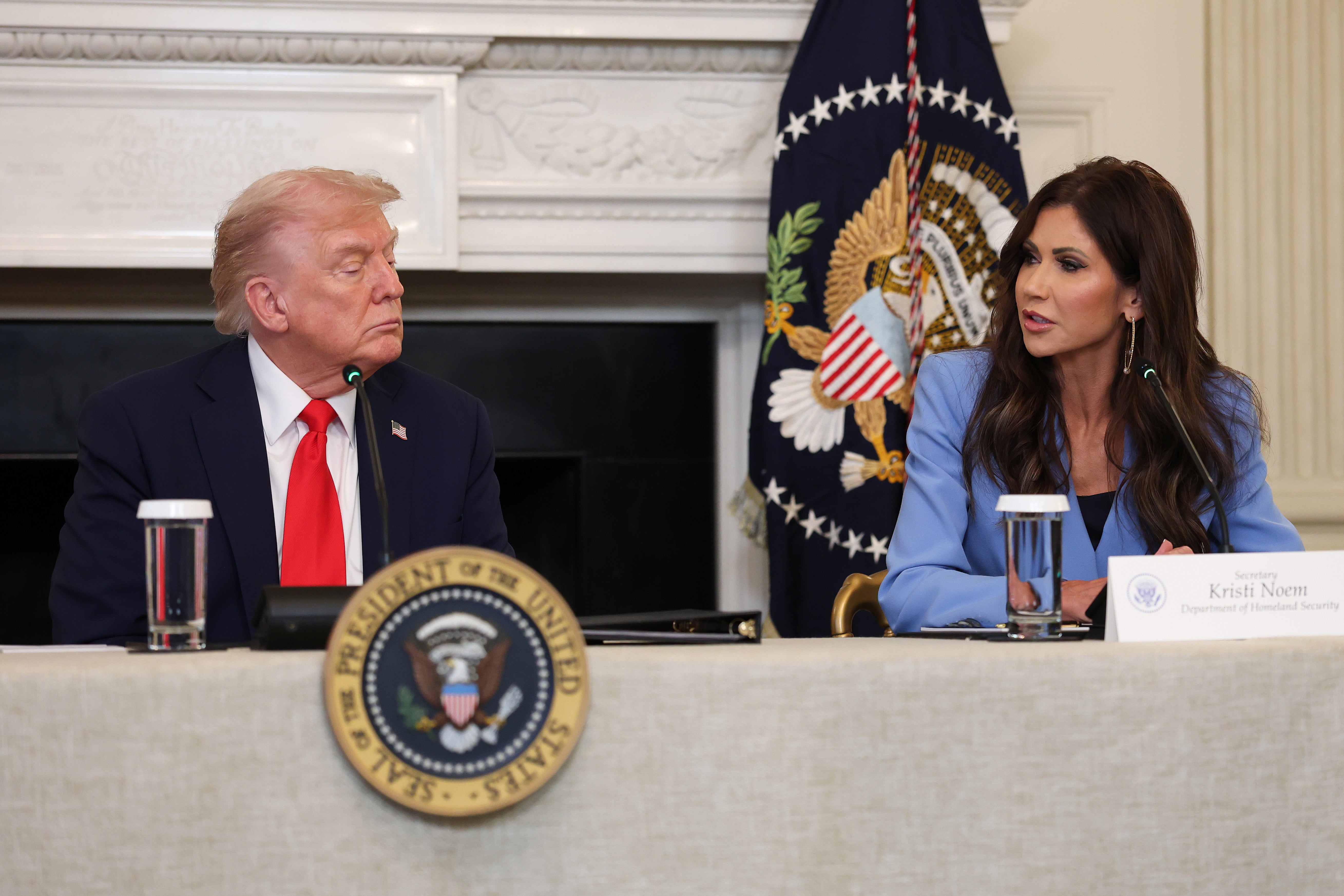
In contrast, just 59 percent of Democrats approve of the DHS, 48 percent rate the Department of Defense and just 28 percent said they approved of the FBI.
Trump's favoring of the agencies, and by extension their heads Pete Hegseth and Kristi Noem, exemplifies the administration's strategy of ensuring "political loyalty," Kettl told The Independent.
"The problem is that as there's reason why we created these bureaucracies to begin with," he said. "We created the bureaucracy to be able to do things that needed to get done, and the more that you focus on loyalty, the more you undermine capacity.
"And if you, if you trade loyalty for expertise, then you need the expertise that may not be there and... that that they can have very high political costs."
A slim majority of Republicans (51 percent) also rate the FBI positively, though Gallup notes that its poll was taken during the period when the Bureau was involved in the investigation and apprehension of the suspect in the assassination of Charlie Kirk on September 10.
Yet amid the partisanship, one federal agency maintains its majority-level positive rating for its work – the U.S. Postal Service – which is rated at 56 percent positive overall.

.jpeg)










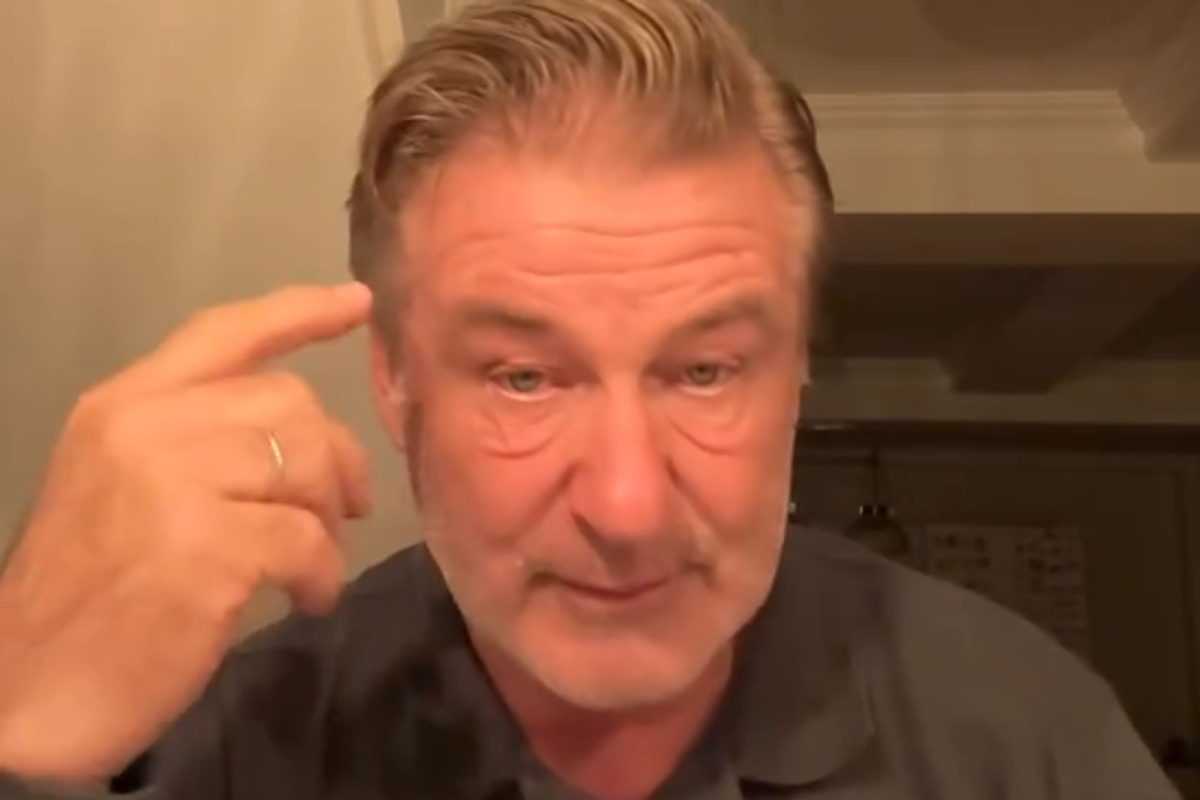




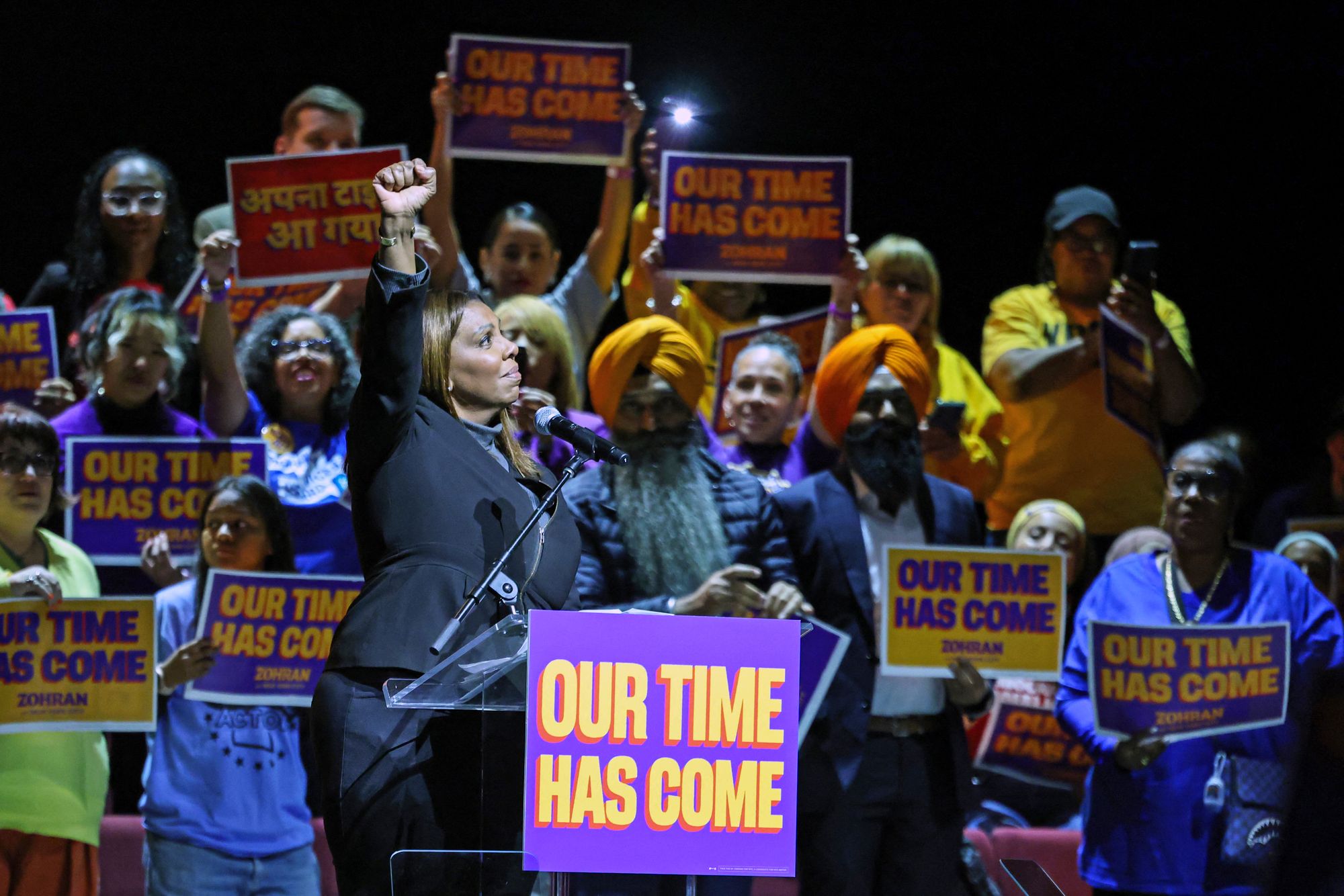







.jpeg)












 English (US) ·
English (US) ·